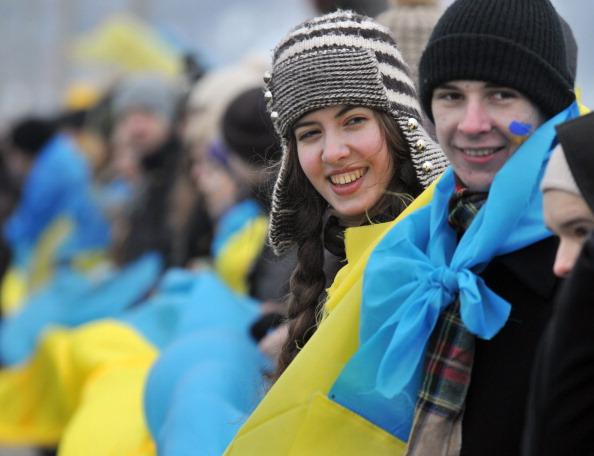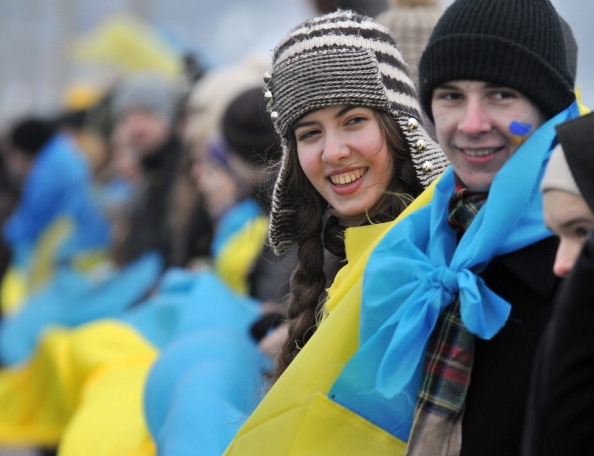KYIV, Ukraine—Electoral campaigns in Ukraine have deepened the cultural and historical divide that has long existed between the East and West in Ukraine, or more precisely the Northeast and Southwest.
“Although this difference existed on a latent level, this split gained acute forms as a result of the 2004 presidential election campaign,” said Andriy Bychenko, head of sociological research at the Razumkov Center, in a telephone interview. “And since then, every election worsens the situation.”






